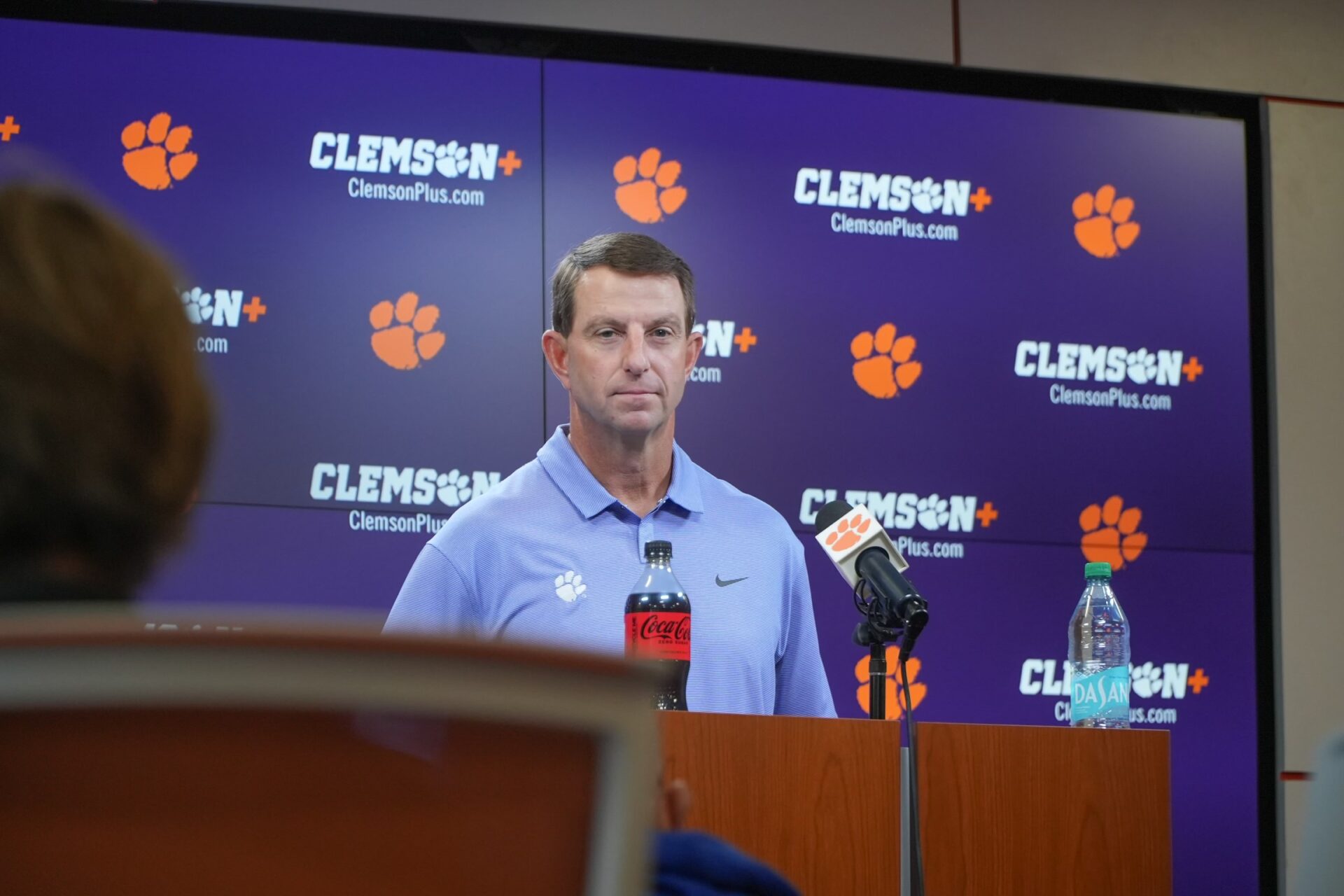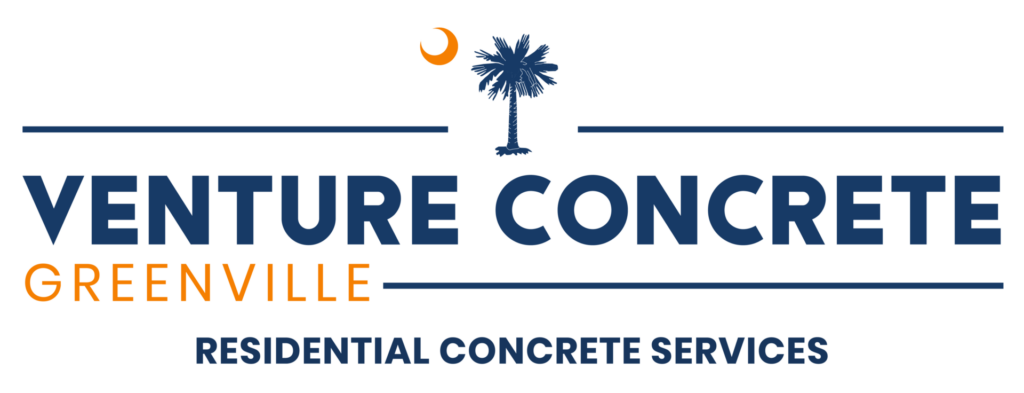Clemson University is all in with revenue sharing for its athletes.
Clemson athletic director Graham Neff announced earlier this week in a public letter that the university will fully participate in revenue sharing under the NCAA’s upcoming House settlement and is on track to add 150 scholarships across all sports starting during the 2025-26 academic year.
For Clemson University it could be a way of leveling the playing field, particularly for the football program, and bring some normalcy to a college football landscape that head coach Dabo Swinney has described as “Wackyland.”
“The NIL part’s been a challenge,” explained Swinney. “But now with being able to get points and all that, that’s really going to help us between now and July” when revenue sharing is expected to start.”
Dabo Swinney
Swinney spoke at length about the subject during his weekly Tuesday media availability and offered insight into where the Tigers’ program currently stands and how they will embrace paying its players.
It cannot come at a better time for Clemson University and the Tigers’ athletic programs. While Clemson certainly has generous donors and boosters, the pool of money is simply not as large and deep as other blueblood programs are able to offer. As a result, the Tigers have already lost a number of recruits to higher bidders and others to outright tampering.
Swinney hopes the additional scholarships and revenue sharing will help bring stability to a quickly spiraling situation. Clemson is full funding a revenue sharing program for its athletes
“We need everybody’s support on that, to be sure,” he said. “It’s what we’ve got to be able to compete until we get there.”
Dabo Swinney
The NCAA House settlement is a $2.8 billion proposed settlement to a trio of anti-trust lawsuits that allege the NCAA illegally obstructed athletes from being able to earn money from their efforts, name, image, and likeness (NIL). April 25 is the set date for the final approval hearing.
As a result of the settlement, Clemson University will increase its scholarship totals across all sports from 275 to 425. As he outlined in his letter to donors and fans, Neff stated that Clemson will share $20.5 with its athletes, the maximum allowable amount. It comes at a time when the athletic department, especially football, needs it most. Clemson football has never, under Swinney, experienced a wave of de-commitments as it has for the 2025 recruiting cycle.
Also, in the plans is for Clemson University’s NIL collective, the 110 Society, to partner with IPTAY. By doing so, donors can earn extra points for perks such as upgrades in seating and parking at sporting events.
Right now, Clemson athletics, and especially the football program, are not on a level financial playing field and it has shown in recruiting with prospects selling out to the top dollar offer. That will change, says Swinney, once the settlement takes effect. He sees Clemson being at the forefront of compensating its athletes.
“Nobody is going to have more money than Clemson,” proclaimed Swinney. “Nobody, for the first time ever. That’ll be good.”
Dabo Swinney
And Swinney also sees it as a good opportunity to prepare his players for life after school and sports, which has always been at the forefront of his mission as a coach. Coach Swinney is already preparing for the new world of revenue sharing in college athletics and at Clemson University.
Swinney plans to bring in financial advisors twice a week to help his players manage their money.
“There’s going to be a lot of opportunity to really teach these guys,” he said.




